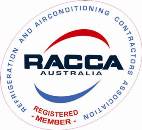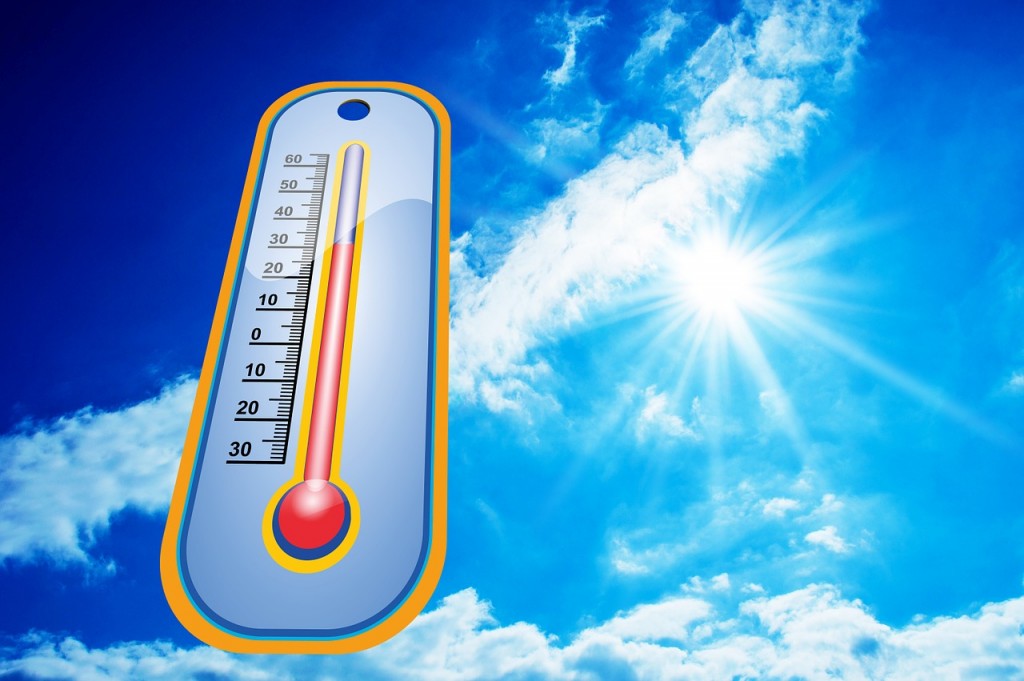The NSW Government have published a list of tips for workers and employers to stay safe in the heat.
While the tips were published last week ahead of a heatwave, as the summer has just begun, these tips are more important than ever, especially for workers in the HVACR industry.
Minister for Innovation and Better Regulation, Matt Kean, emphasised that businesses need to have systems in place to protect workers from the risk of heat-related illnesses and the exposure to UV radiation, as well as the risks that come with working in the heat.
“Working in extreme heat shouldn’t be taken lightly, as it can reduce concentration and the ability to recognise risks, and this can result in serious injury or even death.
“Most at risk are outdoor workers, but also workers in confined areas such as roof spaces and those in poorly ventilated indoor workplaces. Businesses should monitor the temperature and humidity, as well as workers’ hydration to minimise their exposure to heat-related illness and UV radiation.
“Supervisors should also set realistic workloads and, where possible, schedule work to cooler times of the day. Outdoor workers should have access to air-conditioned site sheds or shaded rest areas.”
The NSW Department of Finance, Services & Innovation’s media release also stated that over the four years to July 2016, there were 504 workers compensation claims, costing more than $7 million in NSW for heat stroke, fatigue and skin cancer.
Dr Ben Scalley, Director of Environmental Health, also emphasised the health risks that come from the extreme heat, especially for those who may not be prepared for the first heatwaves of the summer.
“People can be unprepared for the first heat spike of summer, so we are reminding them to take safety measures against the effects of overheating and sun exposure.
“Heat places a lot of strain on the body and can interfere with blood circulation and cause dehyration, heat exhaustion and heat stroke.”
NSW Health’s media release stated that signs of heat-related illness can include: nausea, vomiting, faintness and dizziness, loss of appetite, weakness, headaches, loss of sweating, and reduce urine output.
Tips from the NSW Government for workers and employers on how to stay safe in the heat include:
- Drinking plenty of water–at least 200mL every 15-20 minutes.
- Avoiding energy or caffeinated drinks as they can have a diuretic effect.
- Providing frequent rest breaks and rotating tasks to lessen exposure to the heat and/or sun, as well as mental and physical fatigue.
- Provide outdoor workers with sun protection, even when working in the shade.
- Provide clothing with UPF 50+, including loose shirts, long sleeves and collars, and long pants.
- Provide broad spectrum suncreen (at least SPF30+), broad-brimmed hats, and wrap-around sunglasses that meet Australian Standards for UV protection.
- Plan the day around the heat, particularly the middle of the day, and minimise physical activity.
- Keep the sun out by shading windows with curtains, blinds or closing shutters.
- Keep windows closed during the day until it cools down and shut again in the early morning.
Image via Pixabay.




